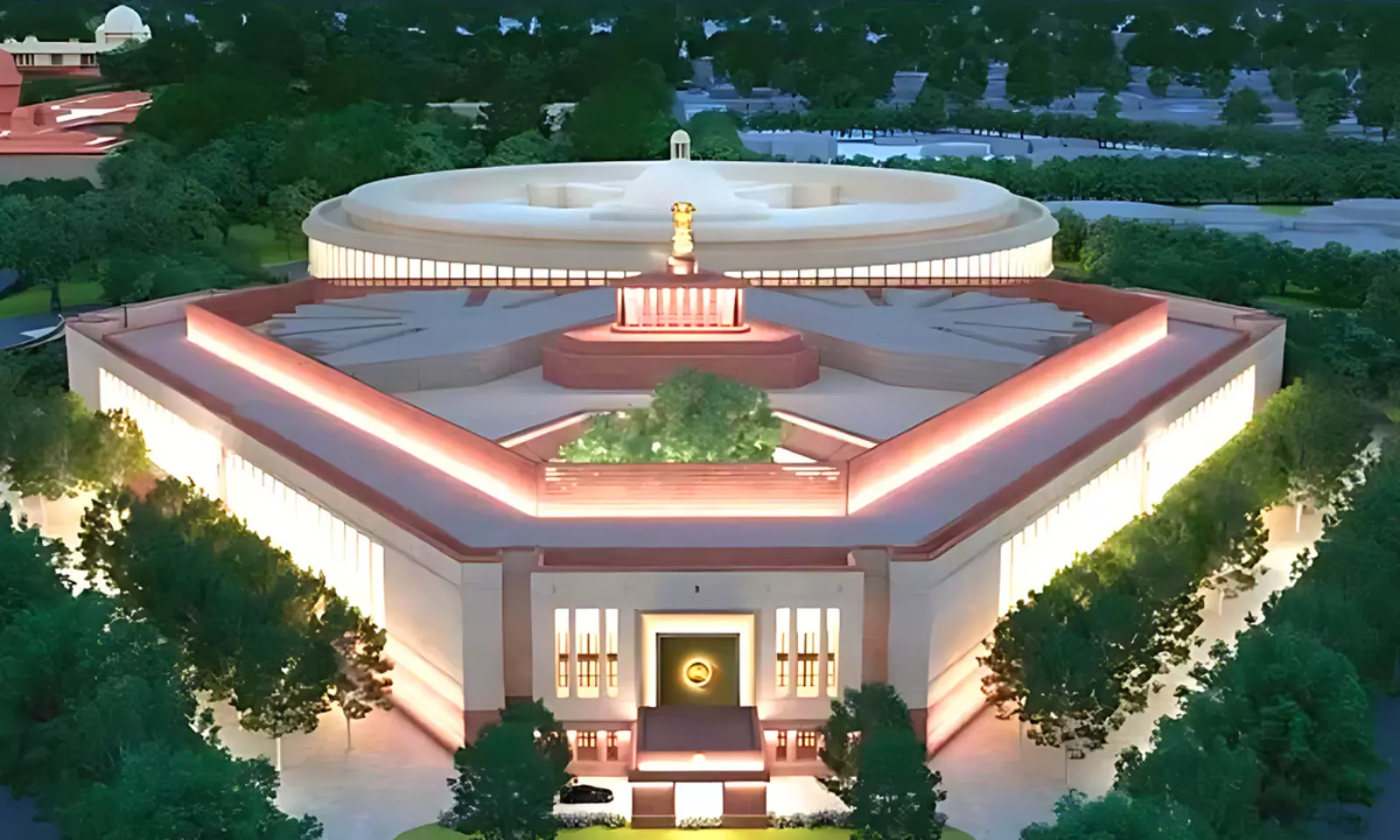Overview:
In India, the process of making laws is essentially the obligation of the Parliament, which is the preeminent authoritative body of the country. The Indian Parliament comprises two houses: the Lok Sabha (Place of Individuals) and the Rajya Sabha (Chamber of States).

This is an outline of the way regulations are made in India:
Drafting and Presentation of Bills: The interaction starts with the drafting of a bill, which can be proposed by either the public authority (government bill) or by a confidential individual from the Parliament (confidential part's bill). Government bills are regularly prepared by different services and divisions and should be endorsed by the Bureau before presentation. Bills can be presented in one or the other place of the Parliament, despite the fact that cash bills must be presented in the Lok Sabha.
First Perusing: When a bill is presented, it goes through the main perusing, where the title and targets are perused out, and it is distributed in the authority periodic. There is no discussion at this stage, yet individuals can mention criticisms with respect to its presentation.
Board of trustees Stage: After the primary perusing, the bill might be alluded to a standing panel for point-by-point assessment. The board of trustees investigates the bill, looks for input from specialists and partners, and proposes corrections.
Second Perusing: During the subsequent perusing, the bill is discussed provision by proviso. Individuals talk about its benefits and propose further revisions. The House votes on every proviso and alteration.
Third Perusing: The last rendition of the bill is bantered during the third perusing. The discussion is restricted to the general standards and content of the bill without diving into subtleties. After the discussion, the bill is put to a vote. On the off chance that it passes, it moves to the next house for a comparable interaction.
Endorsement by The Other House: The other house audits the bill, and in the event that it makes any revisions, the bill gets back to the beginning house for endorsement. The two houses should settle on the last form.
Official Consent: When the two houses pass the charge, it is shipped off to the leader of India for consent. The President can either support the bill, keep consent, or return the bill for reexamination (with the exception of cash bills). Assuming the President gives consent, the bill becomes a regulation and is established.
This organized cycle guarantees exhaustive examination and discussion, mirroring India's popularity-based standards in the making of its regulations.
Read more: How are laws made in the Indian Parliament